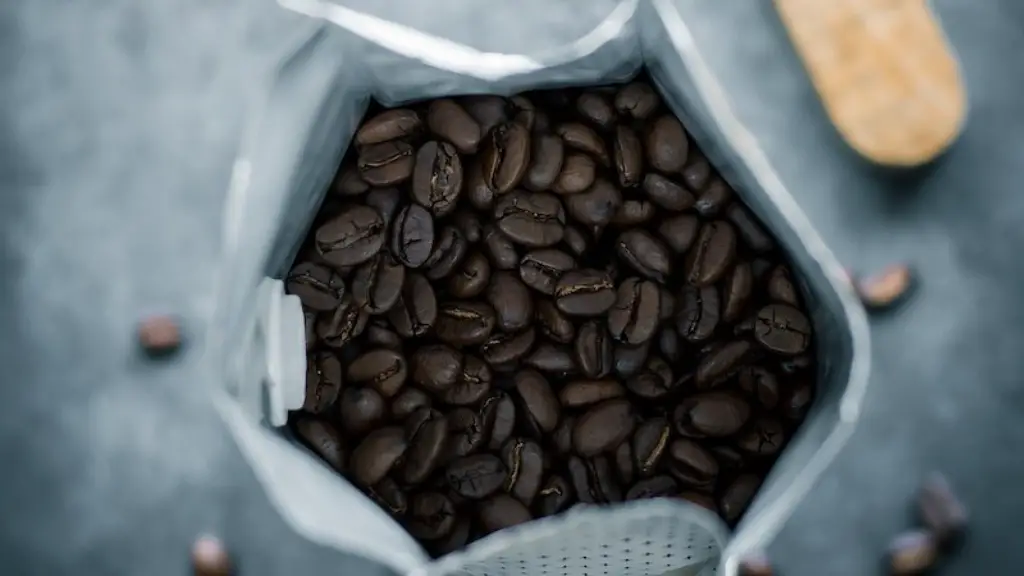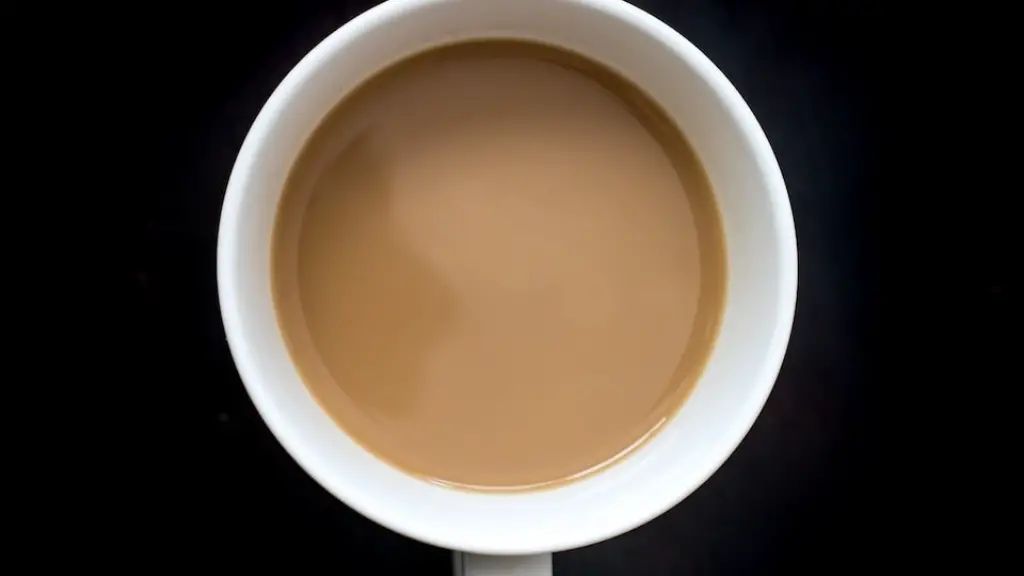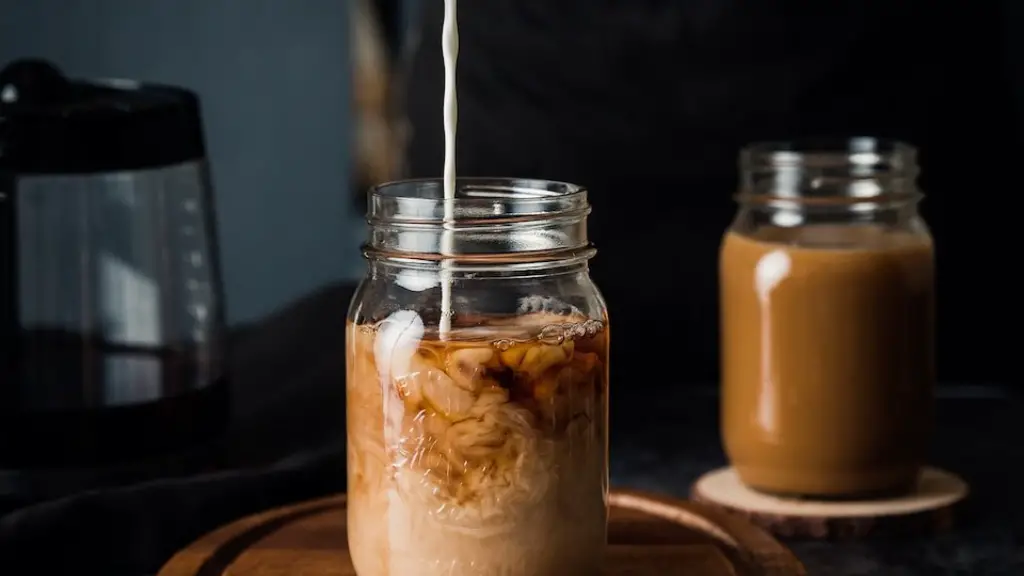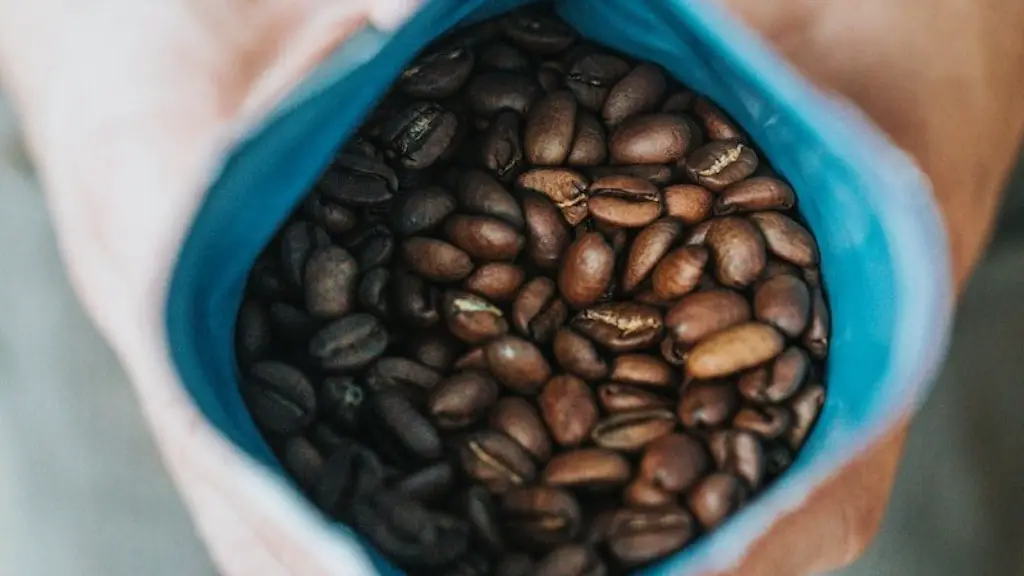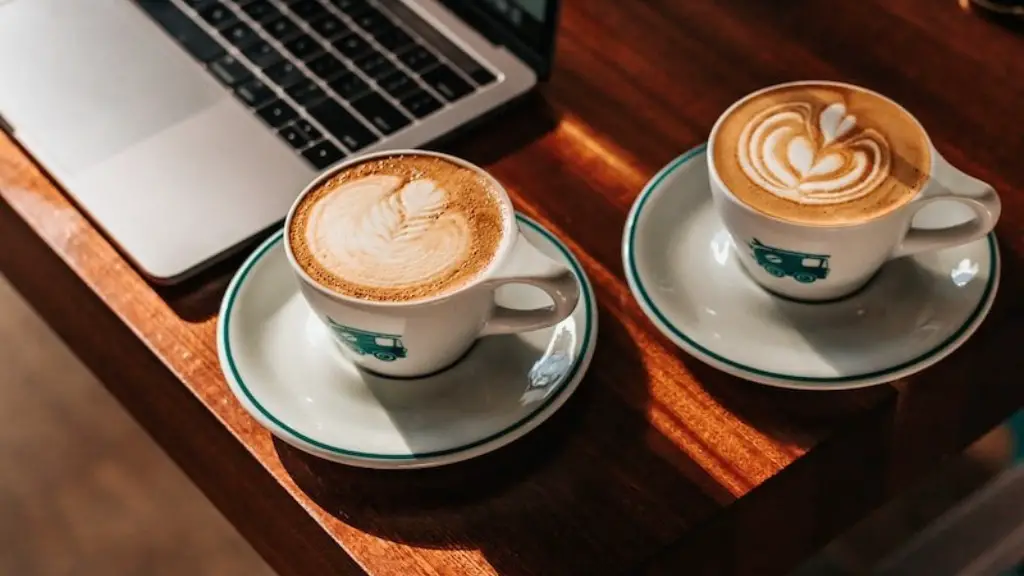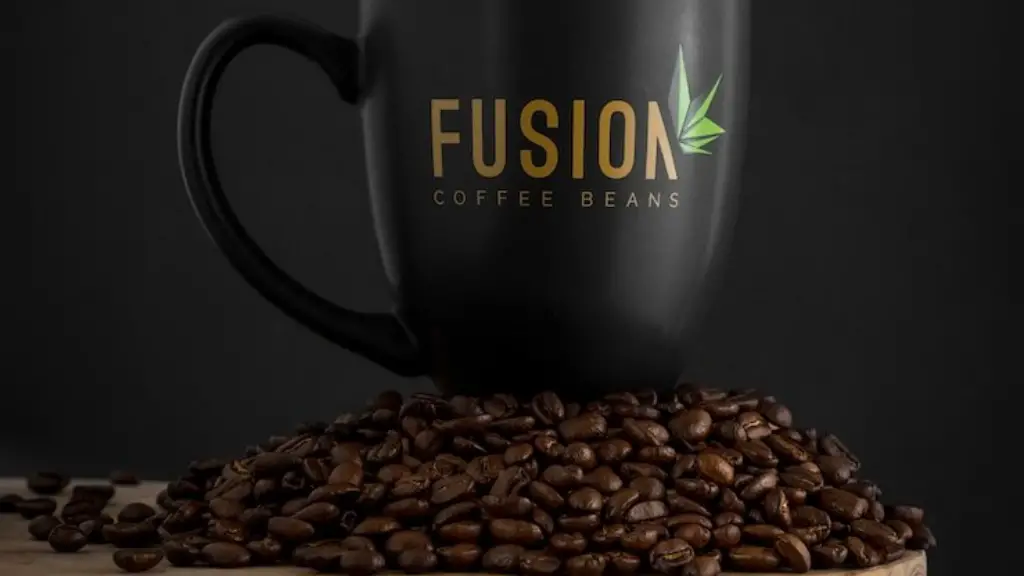Are you an avid coffee drinker? Do you love your daily dose of caffeine to get going in the morning? While coffee has many health benefits, it’s important to be mindful of your intake. Drinking too much coffee can have health consequences, so understanding how much coffee is safe and healthy to consume is key.
Generally, moderate coffee consumption is safe and can even provide some health benefits. According to the Mayo Clinic, up to 400 milligrams of caffeine is safe for most healthy adults. That’s the equivalent of 4 cups of brewed coffee or 2 energy drinks per day. The actual amount of coffee you can drink depends on your weight and body type, what kind of coffee you’re consuming, and other medications you may be taking.
Consuming too much coffee can result in insomnia, restlessness, and irritability. Over-stimulation of caffeine in your system will result in anxiety. It’s important to pay attention to how you feel after drinking coffee and use that as a reference guide so you can regulate your intake. Moving forward you’ll be able to evaluate whether or not you can drink over 400 milligrams on certain days.
It’s important to note that coffee is not the only source of caffeine. If you’re consuming other energy drinks or products, like sodas, this needs to be added to your coffee intake when monitoring your daily caffeine intake. Additionally, people sensitive to caffeine or those with certain medical conditions should take extra care when consuming coffee.
Coffee does have numerous health benefits when consumed in moderation. Studies have found that regular coffee drinkers live longer than those who don’t. It can lower the risk of stroke, type 2 diabetes, as well as reduce your likelihood of developing Parkinson’s or Alzheimer’s disease. Moderation is the key to reaping the benefits of coffee without overdoing it.
Now that you know more about the health impact of drinking too much coffee, let’s discuss ways to reduce your consumption. Start to cut your caffeine intake strongly by simply cutting down on the number of cups of coffee you’re drinking per day. Don’t miss out on the joy of drinking coffee by going cold turkey, but start by substituting one of your regular cups with a decaf option. You can also try mixing your regular daily coffee with decaf to dramatically cut down your intake.
It’s important to pay attention to the type of beans you’re purchasing and consuming, too. Stick to purchasing organic, responsibly sourced coffee beans whenever possible. The roast type and origin of your beans can also have a huge impact on the taste of your coffee. Roast the beans yourself or find a small-batch option that’s freshly roasted. This will make a huge difference in the taste and strength of your coffee.
Monitoring your Habit
Knowing how much you’re consuming each day is critical to meeting your goal of reducing your daily intake of coffee. Tracking your daily coffee consumption and being aware of your daily caffeine content is key. If you’ve been drinking too much each day, recalibrating your intake back to a healthy level is easier when you’re recording what, when, and how much you’ve been consuming.
Depending on your lifestyle and the frequency of your daily use, you can track your coffee consumption by using an app, pen and paper, or with your calendar. Only you will know what’s right for you and what system works best.
Whichever method you use to monitor your habit, make sure that you keep an accurate record of what, when, and how much. Review your records regularly and use them to help you make an accurate assessment of your overall consumption and adapt your habit to be more mindful.
Healthy Alternatives to Coffee
If you would rather not reduce your coffee consumption, there are plenty of alternatives that can offer you similar energy benefits. Tea, cold brew, and matcha are healthier alternatives to reach for instead of coffee whenever possible.
Green tea is rich in antioxidants that can help detoxify your body and provide many of the same energy benefits as coffee. It doesn’t have as much caffeine as coffee, but it can still help to give you a pick-me-up.
Cold brew coffee is made by soaking coarsely ground coffee beans in cold water for hours, making cold brew less acidic than regular coffee. This makes it easier on your stomach and perfect for those who enjoy iced coffee.
Matcha is a powdered form of green tea, made from shade-grown tea plants. Unlike regular tea, it’s produced using only the youngest and finest leaves and is far more potent than regular green tea when it comes to caffeine content.
Various herbal coffees are available that are naturally caffeine-free and can be used to replace your regular coffee. With the same heightened senses and refreshed outlook, herbal coffees are a great alternative for those looking for a coffee-like experience without the caffeine overload.
The Benefits of Decaf Coffee
Many people think decaf coffee isn’t worth the trouble and that it doesn’t taste as good as its caffeinated counterpart. But decaf coffee is as good as caffeinated coffee, if not better.
Drinking decaf coffee can help you to avoid over-consuming caffeine and any of the unpleasant side-effects that come with it. Decaf coffee is still full of flavor and many of the same natural compounds found in normal coffee, without the overload of caffeine.
Decaf coffee also contains many micronutrients, including antioxidant polyphenols, magnesium, manganese, vitamin B2, and vitamin B5. Furthermore, its antioxidant content is higher than many of the foods you consider part of a healthy diet.
Consuming decaf coffee can still give you the coffee flavor and experience without all the caffeine so you can still enjoy a cup without having to worry about the consequences of over-drinking coffee.
Swapping for Smoothies and Tonics
Smoothies and tonics are a great way to increase your daily intake of fruits and vegetables, and make a great energy boost in lieu of coffee. Both smoothies and tonics can provide all the nutrients and minerals your body needs to feel energized and ready for the day.
It’s possible to make your own smoothie and tonic recipes that are tailored to your preferences. Mixing and matching fruits, veggies, superfoods, and different liquid bases can give you a variety of options to help you find something that will fuel you with energy and delight you all at the same time.
Smoothies and tonics are a great way to get your daily dose of vitamins, minerals and other nutrients without the jittery caffeine reaction. Feel more energized without the crash by swapping your daily coffee with a smoothie or tonic.
Conclusion
We’ve talked about how much coffee you can drink safely everyday as well as the health implications of overconsuming caffeine. We’ve also discussed strategies for reducing your intake and alternatives that can provide a similar energy pick-me-up without the jitters or crash.
So whether you’re looking for healthy alternatives to caffeine or just want to be mindful of your consumption, there are plenty of ways to adjust your caffeine intake without sacrificing taste. Just remember to be mindful, monitor your habit and remember that moderation is the key.
